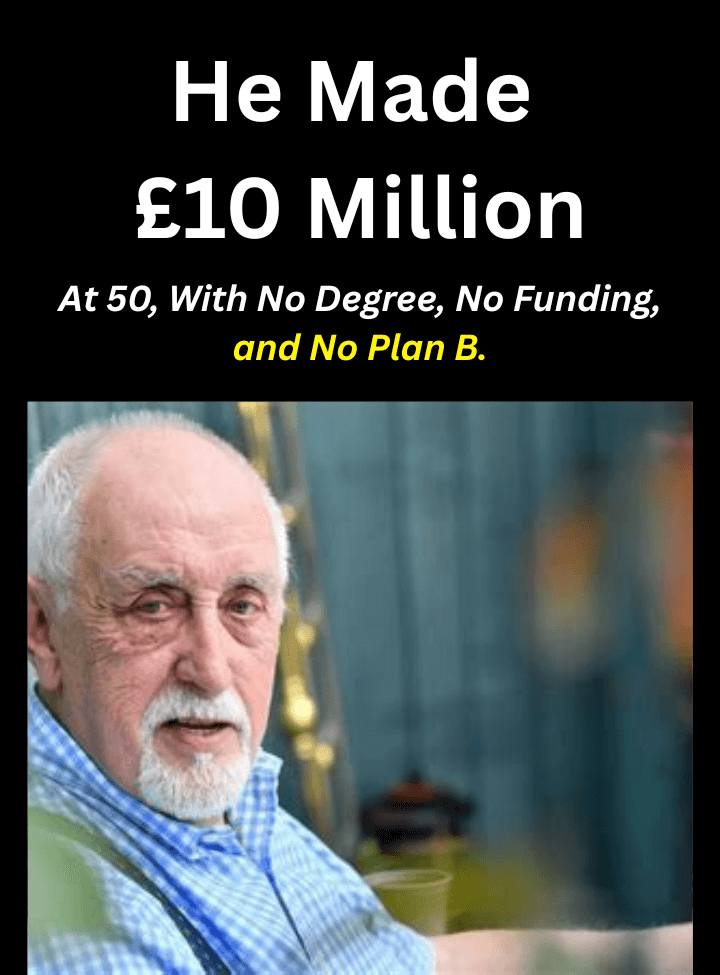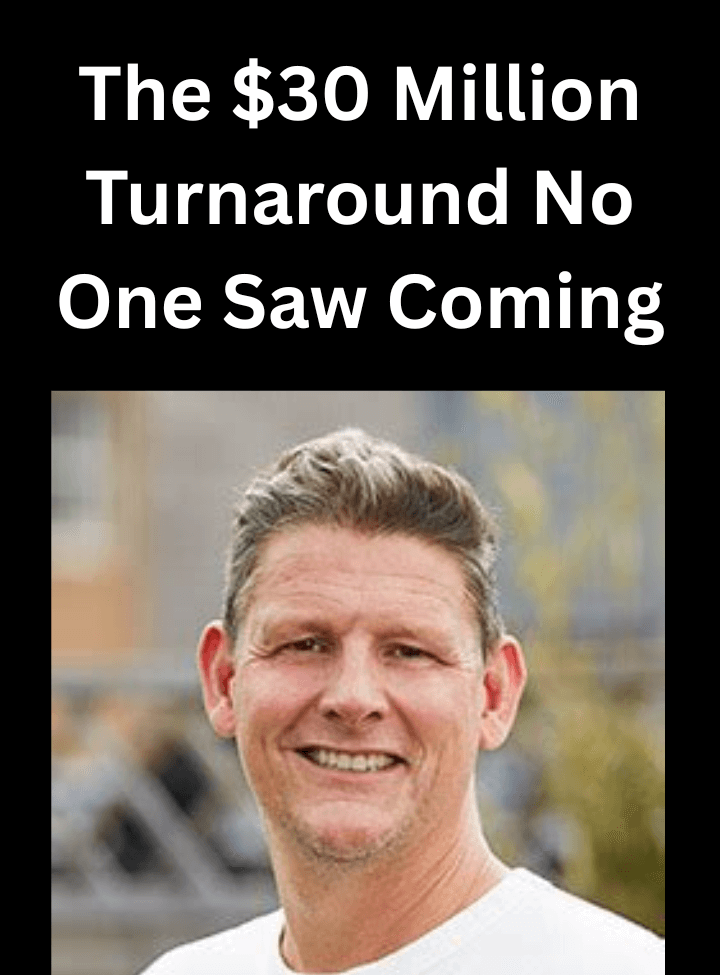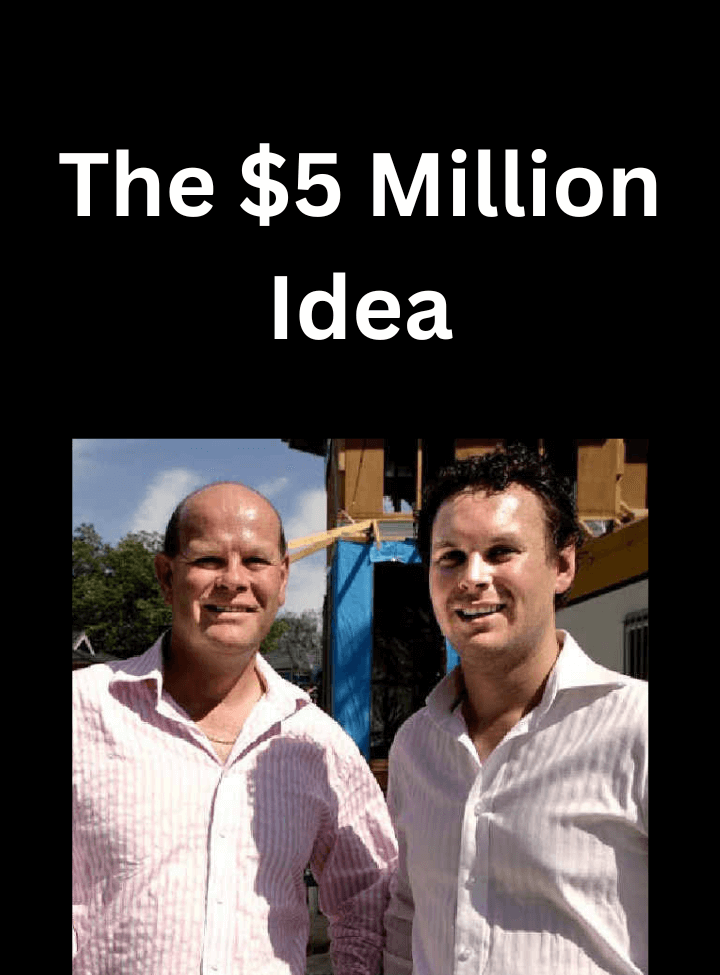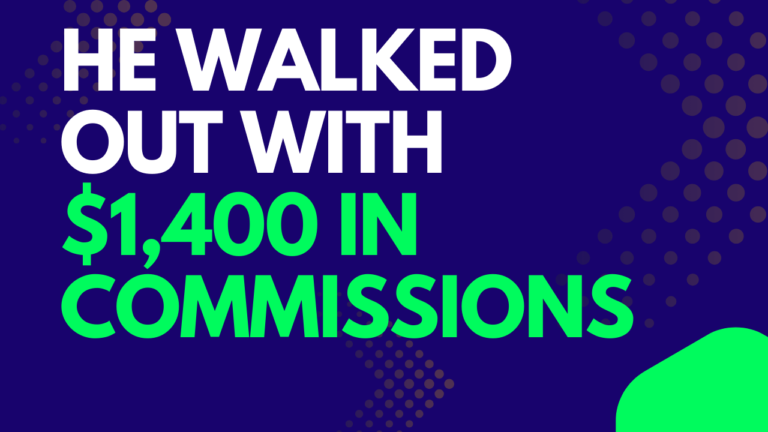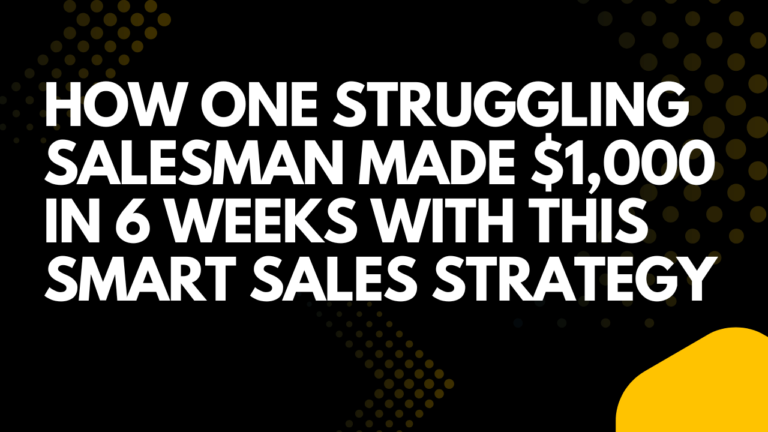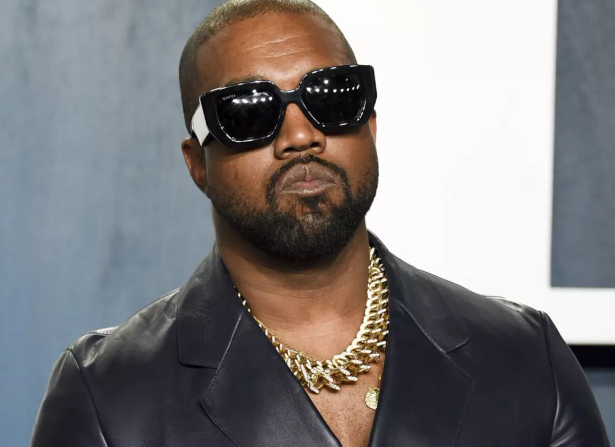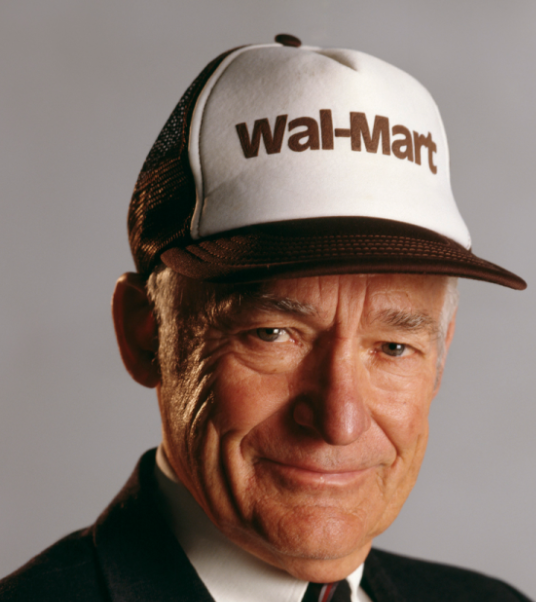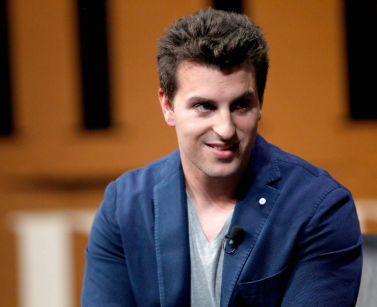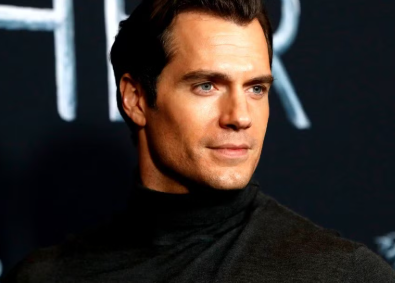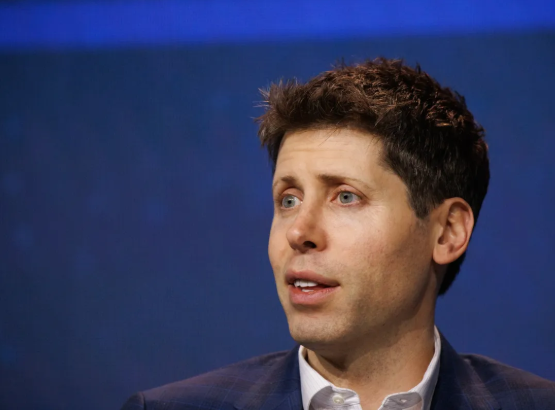
Sam Altman A Life Story
The Rise of Sam Altman: A Visionary’s Journey
Once upon a time, in the quiet town of St. Louis, Missouri, a young boy named Sam Altman found himself mesmerized by the world of computers. While other children were playing sports or reading novels, Sam spent his time tinkering with technology. He would disassemble gadgets, fascinated by the way things worked, only to put them back together in new, innovative ways. His fascination wasn’t just about how things worked—it was about what could be made to work better.
Build a website that pays you back with real revenue.
By the time Sam was in high school, he had already started developing software, creating early websites, and even dabbling in programming languages that many adults didn’t understand. But for Sam, it wasn’t just about coding. It was about dreaming up new possibilities for the future—how technology could change the world, connect people, and solve real problems.
The Leap to Silicon Valley
After a brief stint at Stanford University, where he quickly realized he wasn’t a fan of traditional education, Sam made a bold decision—he dropped out. It wasn’t an easy choice, but Sam had bigger ideas swirling in his mind, ideas that couldn’t be contained within a classroom. He packed his bags and moved to Silicon Valley, where the biggest tech dreams were realized.
In the heart of the Valley, Sam co-founded a company called Loopt, a location-based social networking service. The idea was to connect people with their friends based on real-time locations—a novel concept at the time. Loopt became part of the early wave of social networks, attracting attention from investors and users alike. Though the company eventually didn’t become a household name, Sam learned vital lessons about growth, failure, and the relentless pursuit of innovation.
The Founding of OpenAI
But Sam’s story was far from over. In 2015, Sam joined forces with a group of like-minded tech visionaries—including Elon Musk and Greg Brockman—to found OpenAI, an ambitious venture with one simple goal: to ensure that artificial intelligence (AI) would be used for the benefit of all humanity.
As CEO, Sam poured his heart and soul into OpenAI, knowing that the technology was powerful enough to reshape the future of humanity. AI, at its core, held the potential to revolutionize industries—healthcare, education, transportation, and more. But Sam understood the importance of being responsible. Unlike the cutthroat competition of many Silicon Valley startups, OpenAI was built on the principles of safety and collaboration.
It wasn’t easy. The early years of OpenAI were marked by immense challenges: technical hurdles, financial struggles, and skepticism from those who doubted AI’s capabilities. Yet Sam remained steadfast in his vision. He believed that AI could change the world for the better, but only if humanity kept control of it.
Leading the Charge for Ethical AI
By 2025, Sam had not only established OpenAI as a leading force in artificial intelligence, but he had become one of the most influential voices in tech. His relentless advocacy for responsible AI development helped steer the conversation around artificial intelligence toward its potential for good. Under his leadership, OpenAI made significant strides, creating revolutionary tools and models that would assist in solving some of the world’s toughest challenges.
But as with all transformative technologies, there was opposition. Critics feared that AI could lead to mass unemployment, economic inequality, or worse—disastrous unintended consequences. Sam responded to these concerns not with defense, but with a plan. He established initiatives to retrain workers displaced by automation and worked on policies to regulate AI’s use in a way that would ensure it wasn’t exploited for harmful purposes.
A Legacy of Innovation and Vision
As time went on, Sam Altman’s name became synonymous with progress. Yet despite his growing fame, Sam remained grounded. His mission was never to be a celebrity in the tech world. He was driven by a passion to use technology to solve the world’s biggest problems, to think long-term, and to collaborate with other brilliant minds across the globe.
By the time he reached the zenith of his career, Sam had become not just a leader in AI but a philosopher in the tech world—pondering not just what was possible with technology, but what should be possible. His unwavering belief that technology could, and should, be used to make the world a better place cemented his legacy as one of the most forward-thinking leaders of the 21st century.
And as for Sam? He continued to dream. Because for him, the journey had never been about being the richest or the most famous. It had always been about creating something bigger than himself—a future shaped by ideas, compassion, and the boundless potential of the human spirit.
Related posts:
He Failed for Years, Until Success Finally Clicked: The Darren Richards Story
He Made £10 Million At 50, With No Degree, No Funding, and No Plan B.
The $30 Million Turnaround No One Saw Coming
How One Guy Built a $5 Million Business from an Idea Everyone Thought Was Too Simple
It Was Just a Rainy Day and Some Stationery… But He Walked Out With $1,400 in Commissions
He Didn’t Own a Store or Staff — But These Little Boxes Made Him a Steady $375 a Month
This Simple Repair Trick Didn’t Just Fix Clothes — It Fixed His Bank Account
How One Struggling Salesman Made $1,000 in 6 Weeks with This Smart Sales Strategy
Unraveling the Genius: How Kanye West Continues to Redefine Music, Fashion, and Culture
Sam Wallton A Life Story | Founded Walmart and Sam's Club
Brian Chesky A Life Story | From $0 to $11 Billion USD
Henry Cavill | A Life Story Net Worth $50 Million
Eminem A Life Story | From $0 to $250 million USD
LeBron James | A Life Story From $0 to $1.2 billion USD
Michael Jordan | A Life Story From $0 to $3.5 billion USD
Elon Musk | A Life Story | Net Worth of 394.2 billion USD I'm eating peanut butter for eight days in...
Jeff Bezos | A Life Story from $0 to 241.9 billion USD in 2025
Build a website that pays you back with real revenue.


